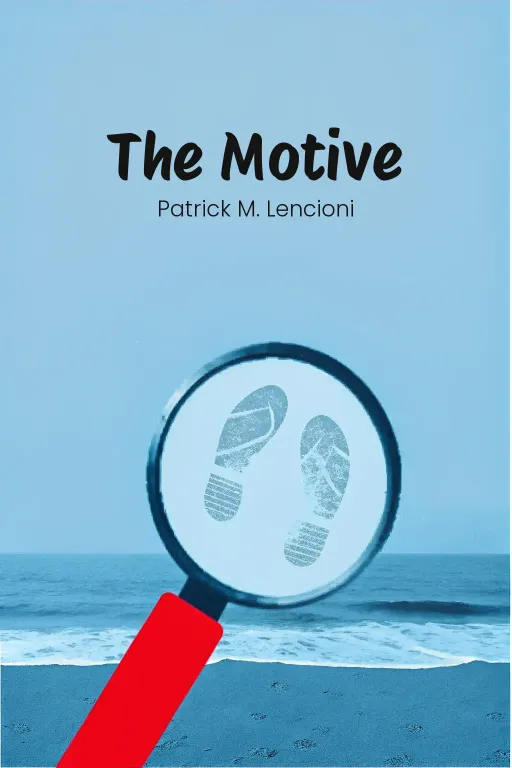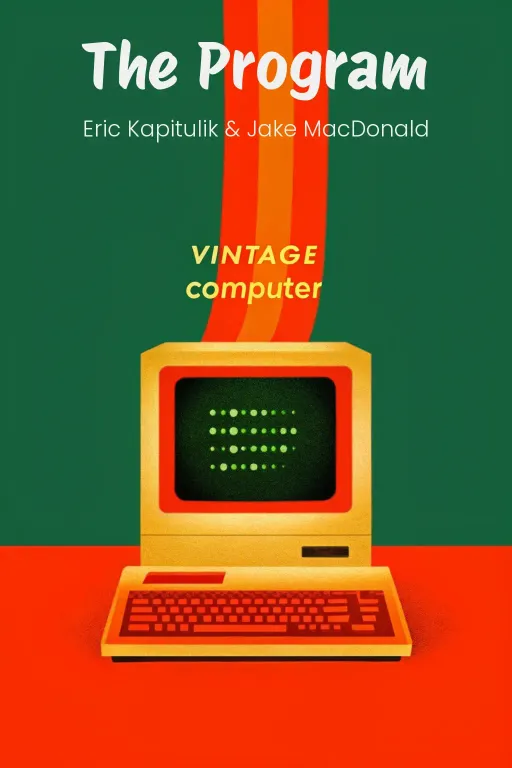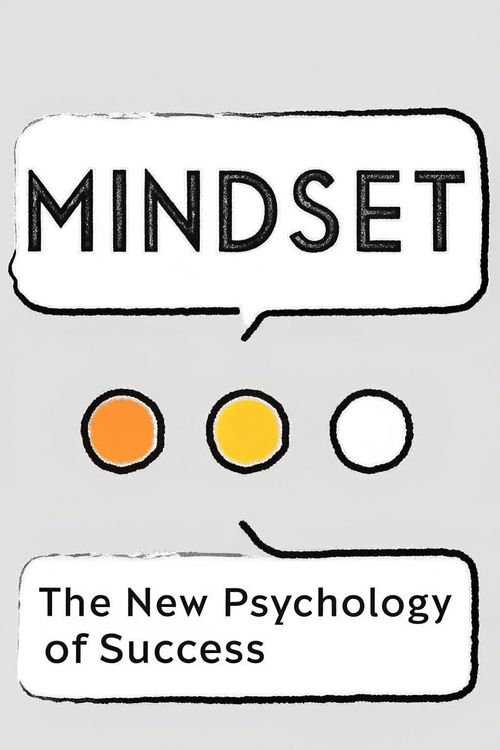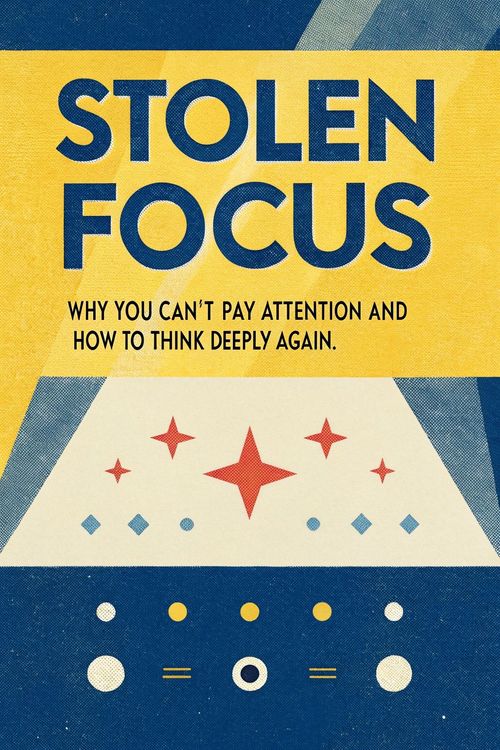
Lead to Serve: The Real Leadership Test
Podcast by MBA in 5 with Roger
Why So Many Leaders Abdicate Their Most Important Responsibilities
Lead to Serve: The Real Leadership Test
Roger: What really drives you as a leader? Is it the title, the perks, the corner office? Or is it the messy, challenging work of guiding a team toward something meaningful? Roger: This question is central to Patrick Lencioni's 'The Motive'. His core truth is stark: your reason for leading matters more than how you lead. There are two fundamental motives. One is Reward-Centered, seeing leadership as a prize—focused on personal gain and avoiding unpleasantness. The other is Responsibility-Centered, accepting leadership as a duty to serve the organization and its people, especially when it’s tough. Think of the ship captain: one enjoys the cabin, the other charts the course through storms. Lencioni argues the wrong motive inevitably leads leaders to fail. That’s the one thing: your underlying motive dictates your effectiveness. Roger: So how does this play out? When leadership is viewed as a reward, leaders naturally avoid the parts that don't feel rewarding, shirking essential duties. The first casualty is often developing a truly cohesive leadership team. Reward-centered leaders skip the hard work of building trust and addressing messy team dynamics. In the book's fable, CEO Shay Davis initially saw this as a distraction from 'strategic' work, but his mentor Liam Alcott emphasized that building the team is the strategic work. Roger: This reluctance extends directly into managing subordinates. Giving critical feedback or addressing performance issues feels uncomfortable, so reward-centered leaders often delegate or delay. Shay let problems fester by avoiding these direct, necessary conversations. But responsibility-driven leaders know this hands-on engagement is fundamental for growth and accountability. Roger: Closely related is the willingness to have difficult conversations broadly. Many leaders sidestep conflict, hoping problems resolve themselves. As Liam points out, if the CEO avoids confronting issues, it sets a tone for the entire organization. Necessary conflict avoidance allows dysfunction to spread silently. Roger: Beyond people issues, the reward motive also leads to neglecting vital operational rhythms. Take running effective meetings. Shay initially dismissed them as boring wastes of time. Liam countered that meetings aren't chores; they are the primary venue where leadership happens, driving critical alignment and decision-making. Responsibility means making them productive. Roger: And finally, there's the crucial task of communicating relentlessly. Reward-focused leaders often say something once and move on. Liam urges Shay to become the 'Chief Reminding Officer,' repeating key messages far beyond when he gets tired of saying them, because employees need constant reinforcement to stay aligned. Responsibility means ensuring the message truly lands. Roger: Why is 'The Motive' essential? Because it cuts through the noise of how to lead and forces an uncomfortable but vital self-examination of why you lead. Most leadership books focus on skills; Lencioni tackles the foundation – your driving purpose. Understanding your true motive is the prerequisite for genuine effectiveness. Roger: Here’s your action step: Conduct an honest self-audit this week. Which leadership tasks do you consistently avoid or minimize? Is it giving feedback, running team meetings, addressing conflict? Ask yourself: Am I avoiding it because it’s unimportant, or because it feels like unpleasant work rather than a reward? Confronting that pattern is your first step toward responsibility-centered leadership. Roger: That’s your MBA in 5. I’m Roger. Lead with purpose.









